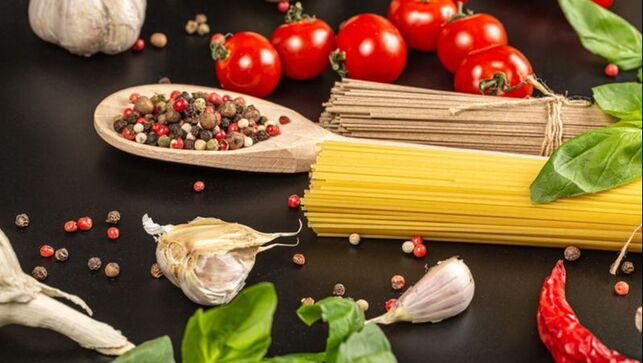|
As a rancher my husband and I work hard to run an operation that produces the healthiest, leanest animals possible without sacrificing flavor. There are many factors that impact this process, but in the end it is up to the consumer to understand what food labels mean in order to make the right choices for their family, budget and the environmental impact they want to make.
In a recent study of Urban consumers, 3,337 people in 11 countries, it was found that most consumers care about what goes into their food but they don't understand the meaning of food labels. Most do not understand the difference between organic and conventional farming/ranching practices or the environmental impact. With the farm-to-table movement we have a consumer population that cares about the type of food they are buying but it is proving hard for them to separate fact from fiction when it comes to food labels, farming practices and food production methods. The truth matters. Many times information is skewed in order to sway public opinion by a particular group or organization to meet their own goals. It is up to the consumer to do their homework. False information and false news is a big problem in today's plugged in nation. All information isn't always accurate information. To get to the truth go to the source; farmers, ranchers, production specialists and industry publications. Two-thirds of those surveyed said they buy organic because they think it is safer and healthier. Ninety-nine percent of organic buyers say they understand the organic label unfortunately the data shows otherwise. Eighty-two percent of organic buyers say their motivation for buying organic is they believe organic is pesticide free. In reality organic farmers are allowed to use a variety of chemical sprays and powders on crops manufactured from natural sources like copper sulfate, boron and pyrethrin 1. These practices are similar to the synthetic versions used in modern farming. In addition, a study by Stanford University shows that there is no health or nutrition difference between conventionally grown food and organically grown food. Another area of confusion is "no added hormones" and "no antibiotics", 60% of global consumers thought that no added hormones meant there were no hormones in products with that label, another 25% thought the label reflected a higher quality product. In addition, one-third of those surveyed believed "no antibiotics" meant foods that didn't carry this label had antibiotics. The bottom line is most consumers do not understand modern agriculture, farming and ranching production methods or the impact they make or don't make on the environment. Fifty-two percent believe that the majority of farming and ranching operations are run by corporations. This is actually far from the truth. In reality, 97% of these operations are family-owned and of these 88% are small operations. This means that the majority of our food sources are intimately understood and managed by small teams of family members and their associates. As the owner of a cattle operation and one who cares deeply about good quality, healthy food I can say that our number one priority as a rancher is the health and well-being of our animals. It is always our main focus. Running a close second is the management of our God-given resources and the impact we make on the environment. Conserving our resources and maximizing what we have to work with is a daily concern and focus. In essence we are grass farmers. We do all we can to enhance not destroy what our land has to offer. As a consumer do whatever you can to understand the reality of modern food production. Ask, it is that simple. People in our industry are passionate about what we do and love to talk about it. We are extremely committed to educating consumers. We love our industry, our way of life and the life of our animals. We have nothing to hide. I will continue this educational series in posts to come. Enjoy Spring's bounty! Best! Kelly |
Authorwww.amazon.com/gp/product/1939930561Kelly Gray Williams is the author of a memoir; The Princess Rancher. Food has been at the core of her life for over thirty years. Her travels have taken her all over the world and have created a rich tapestry of food experiences and cultures that have shaped her philosophies on cooking and food production. My book, The Princess Rancher, is available here: www.amazon.com/gp/product/1939930561 Archives
October 2021
Categories |

 RSS Feed
RSS Feed